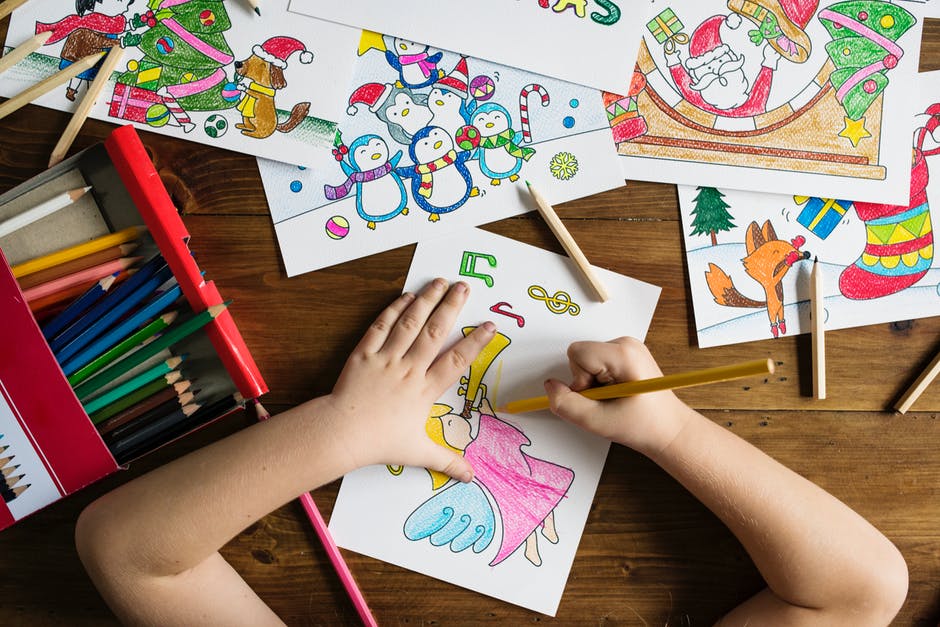54 million people have special needs in the United States.
The same source says that around 2.8 million of those are children between the age of 5 and 15.
That’s a lot of unique young people looking to have fun in their spare time! Kids have masses of energy to burn at the best of times. However, the specific additional requirements of children with special needs can vary widely, and affect the activities they enjoy accordingly.
It’s always helpful to have some fun ideas up your sleeve that’ll ensure everyone’s entertained!
Keep reading to discover 5 awesome activities for children with special needs.
5 Awesome Activities for Children with Special Needs:
Check out these ideas for some extra special entertainment. For some extra help, here’s a great special needs planner!
1. Get Out Into Nature:
The outdoors is often ideally suited for kids with special needs.
Sensory experience is sometimes vital stimulation. The wind, smells, sounds and sights of nature are all valuable distractions for high-energy children!
Likewise, many organizations have set up nature experiences for kids with special needs. There are accessible walkways, activities, and playgrounds, filled with other kids and families having fun.
2. Go to a Story Time Workshop:
Most children love story time.
However, sitting quietly in one place can sometimes be difficult, especially where special needs come into play.
Storytime workshops (often found in libraries) offer a great alternative. A combination of stories, singing, and other sensory activities are sure to keep your kids happy and engaged.
Likewise, you could do the same at home. Sing and dance your way around a story!
3. Get Creative:
Some of the most artistic people in the world have special needs.
Celebrate that by getting creative with your kids. Get out the paper, pens, and paints. Try finger painting, body painting and other methods that involve sensory experiences.
You can also find special coloring pencils and crayons. These are designed to help a child with certain special needs to hold them.
4. Get Immersed in the Senses:
We’ve already noted the importance of sensory experience to some special needs children.
Immersion rooms are specifically designed to cater for this enjoyment. Every sense is covered. Special lighting, sounds, tactile experiences, and so on, are all in one room.
5. Go to a Special Film Showing:
Children often love watching films.
However, special needs children might struggle to sit down for long periods, or dislike the loud noises, and low lighting. Special needs film showings address these factors.
Kids can walk, talk and play, all while a film runs in the background.
Time to Wrap Up:
There you have it: 5 top activities for children with special needs.
Millions of people in the US walk through life with special needs. A significant number of them are children. Every child has the right to a fun-filled childhood, regardless of the personal challenges they may face.
Thankfully, these days there’s no limit to the number of opportunities available to make that happen. Hopefully, the ideas above have provided inspiration for your next day out with your own children!
Did you like this piece? Click here to read how to support family and friends with special needs.
Read Also:
- Best Locations For Children’s Birthday Parties
- Tips For Throwing A Family Reunion People Will Remember For Years
- Style Your Child: How To Find Comfy And Cute Clothing For Kids
- Should You Send Your Child With Autism To A Regular Summer Camp?
- 8 Family Friendly Careers That Offer Great Pay And Work-Life Balance























